Once in a while providence provides us the privilege of convergence when the Christian season of reconciliation and the the Ramadan overlap. This year it comes as the country roils from much that has gone wrong. The smell of death chokes our breathing and the pangs of hunger and scourge of unemployment assails our dignity, as we write.
These terrible symptoms of our season of discontent all come because we choose lack of charity towards each other over love which both the Abrahamic faiths profess. And the season of Lent, as Ramadan, are tailor made for us to realize we can be reconciled one to the other. Ramadan Kareem.
Join our WhatsApp Channel
My own shortcomings and misdeeds which scream for mercy make the story of the prodigal son one my favorite in quest for renewal and that of the Good Samaritan which reminds me that my neighbor need not live next door are eternally valuable in my search for meaning. My challenge has been how to take this from personal to community and political levels.
How can we be reconciled, rebuild trust and find common purpose for our country that elevates the common good of all and holds high, values like the dignity of the human person, and the benefits of human solidarity.
The Roman Pontiff, Francis, has recently reminded us all of the universal brotherhood of man. In Fratelli Tutti our shared humanity is fired up by the Pope’s heart of love which I find quite in alignment with that which I have read in the urgings to leaders by the founders of the Sokoto Caliphate. Some of these exhortations by Shehu Uthman Dan Fodio, Sultan Bello and others are nicely compiled in a book I received as a gift from their successor and current Sultan of Sokoto six years ago.
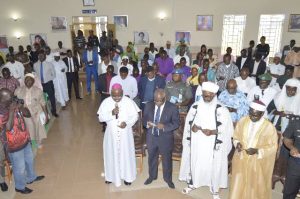
We are unable today to fly like the Eagle we were meant to be, as a country, or reach peak performance in areas we should be exemplars because cooperation is pushed back by matters of tribe, tongue, geography and faith. But if we be reconciled we can together break the yoke of backwardness and liberate our people from the crimes of hate which make death so menacingly a part of living in Nigeria in these times.
Surely we can learn from our peers of yesteryears who found the great escape from misery by focusing on a few key values.
In Singapore, a simple acronym captured it: MPH. Merit. Pragmatism. Honesty. If we care to explore we will see how all of these are grossly absent or inadequate in Nigeria today.
In this age of the aristocracy of talent, in which Meritocracy shaped the modern world, as Adrian Woldrigde puts it in his recent book on the history of competence triumphing over the luck of the sperm source or other parochial consideration.
Our recent history with complaints about violations of the federal character principles, and fairness being breached, provides a terrain to seek reconciliation. A few simple choices signal needed beginnings. With a little steer of conscience and courage much hurt feelings can start a journey to being assuaged.
The many things that have drawn goal displacement in public service have come partly from uncertainty creeping into the consideration of the future of public officers this day’s sea of nepotism. The impact of this on policy implementation is huge and unwholesome. The lack of inclusion robs choice of the robustness of diversity of input.
A big mix of pragmatism and creativity is needed to lead through the turbulence of problems that assault us in these troubled times. But unfounded mutual suspicions make us distrust local talent and turn to less suitable sources of knowledge for solutions to nuanced local problems as the multilaterals in Washington.
My frequent turning to how Dr Mahathir Mohammed got Malaysia to be first out of the Asian financial crisis of 1997 by rejecting I MF prescription in preference for ideas of local talent.
Then there is honesty. Plain simple old fashioned integrity. We have so devalued honesty that the most egregious display of lack of character and dishonesty is explained away by ‘na politics naa’ Where politics is considered synonymous with dishonesty culture is on the verge of collapse. Unfortunately this is where we are but the truth is often scorned. Just check the results and if you are a true patriot the truth will speak to you.
We can be reconciled to one another. Our underperformance cannot be because this is the way we are. Consider how Nigerians are performing in merit based societies. If 70 percent of the black Doctors in the US are Nigerians and 4 percent of Nigerians there are PhD compared to 1 percent for total population it should indicate that we are an achieving society. It must be that factors in our environment impede achievement.
We desperately need leaders who know that though tribe and tongue may differ, in brotherhood we stand. We need a call to all to recall the essence of our African humanism. Ubuntu. I am because we are.
Somehow our politicians put having over being and consumption over production and this has caused us so much grief.
If our reconciliation in this season of penitence leads to the simple life and more emphasis on being rather than having we may find that we end up having more than we actually care for.
May God”s anger not be prolonged as the Prophet Joel interceded so that his mercy may rain upon us and Nigeria rise up again.
Patrick Okedinachi Utomi is a Political Economist and Citizen-politician




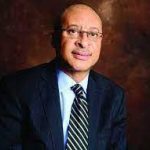
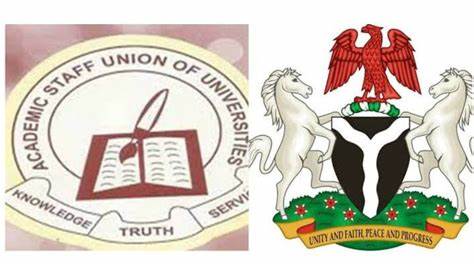
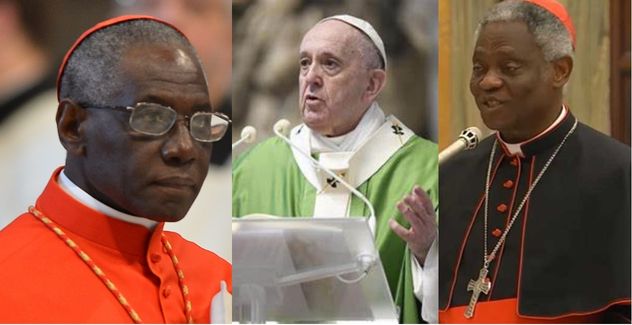
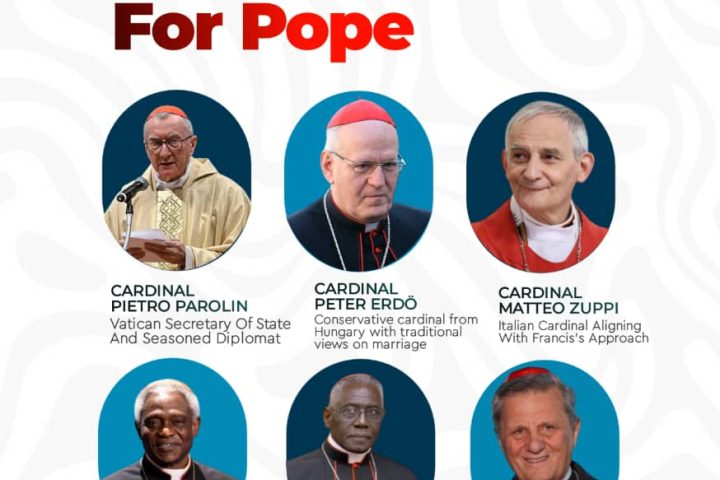









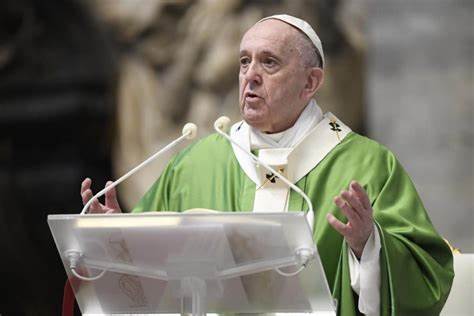
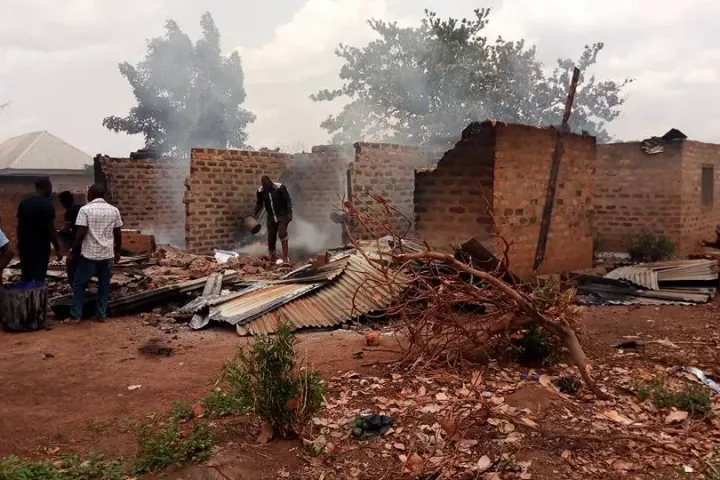
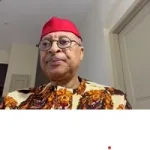
Follow Us